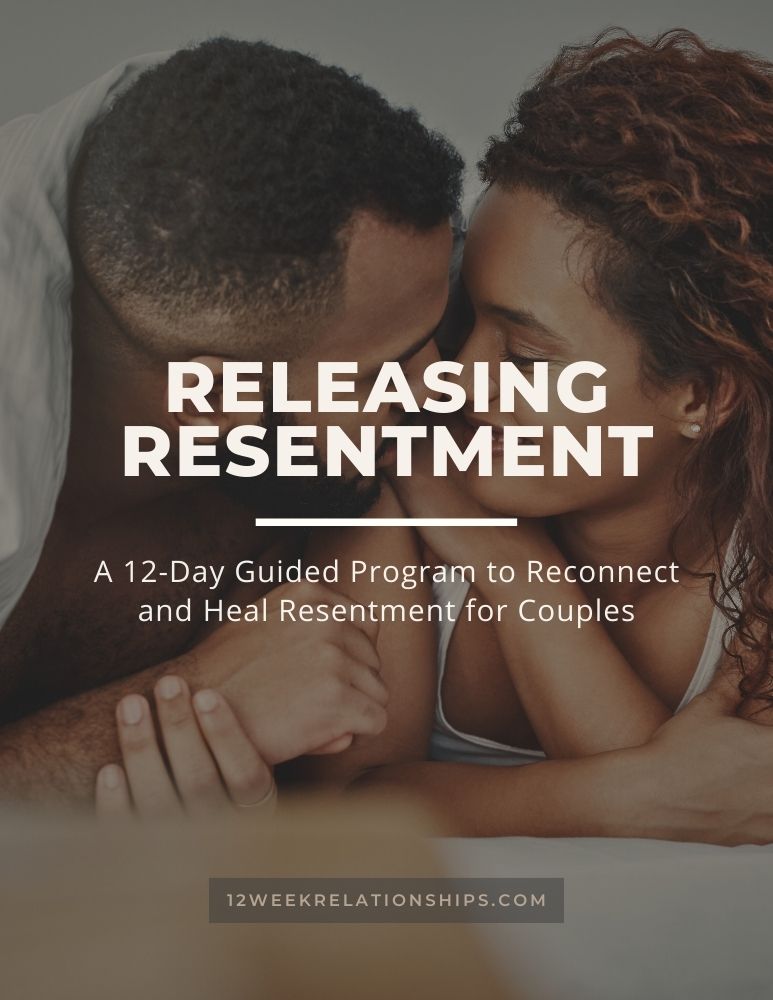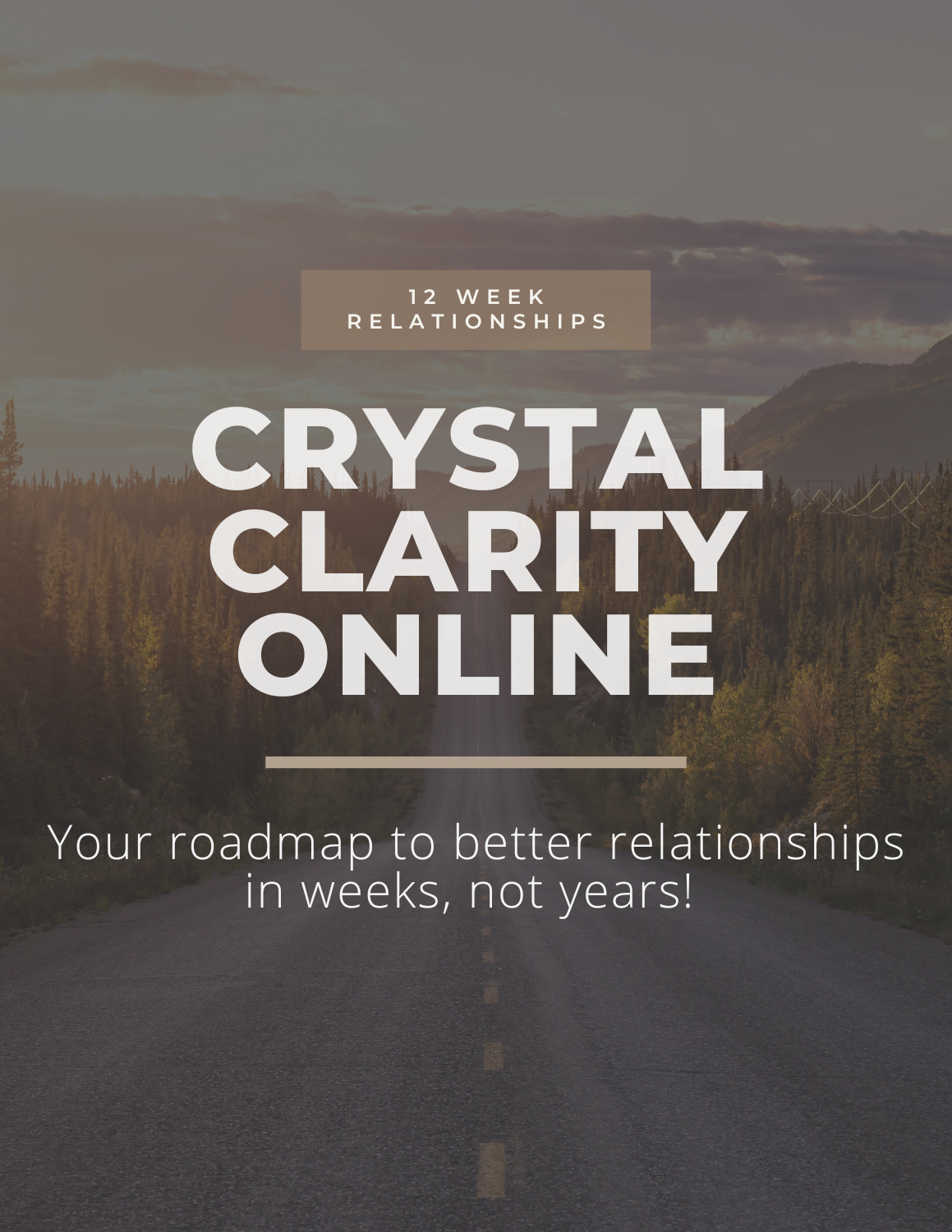Emotional flooding is a phenomenon that can affect individuals in various aspects of their lives, including romantic relationships and parenting. It refers to the experience of being overwhelmed by intense emotions that can inhibit one's ability to think clearly and cope effectively. In this article, we will explore the symptoms of emotional flooding, examine its impact on romantic relationships and parenthood, discuss prevention strategies, coping mechanisms, and provide related terminology for better understanding.
What is Emotional Flooding?
Emotional flooding is a state of being overwhelmed by powerful emotions, such as anger, sadness, fear, or anxiety. It often occurs when the emotional response surpasses an individual's capacity to manage or regulate it effectively. During an episode of emotional flooding, the rational thinking part of the brain is hindered, leading to impulsive reactions and an inability to effectively communicate and problem-solve.
Symptoms of Emotional Flooding
Recognizing the symptoms of emotional flooding is crucial for individuals to gain insight into their emotional state and take appropriate action. Common signs of emotional flooding include:
- Intense and rapidly escalating emotions.
- Physical sensations like a racing heart, shortness of breath, or tense muscles.
- Difficulty concentrating or making decisions.
- Heightened sensitivity to stimuli, such as noise or touch.
- A sense of being out of control or overwhelmed.
- Impulsive or reactive behaviors.
Examples in Romantic Relationships
Emotional flooding can significantly impact romantic relationships. Below are just a few examples of emotional flooding in romantic relationships:
1. During an argument, one partner may become flooded with anger, leading to shouting, insults, or even physical aggression. 2. Feeling overwhelmed by jealousy, an individual might engage in controlling behaviors like constant monitoring of their partner's activities. 3. Emotional flooding can also result in withdrawal and shutting down emotionally, making it challenging to address relationship issues constructively.
Examples as a Parent
Parents can experience emotional flooding when confronted with challenging situations involving their children:
1. A parent might become flooded with fear and anxiety when their child is in danger, resulting in overprotective behaviors that limit the child's growth and independence. 2. Feeling overwhelmed by frustration or stress, a parent might lose their temper and react impulsively, resorting to yelling or even physical punishment. 3. Emotional flooding can hinder effective communication, preventing parents from understanding their child's perspective and responding empathetically.
Ways to Prevent Emotional Flooding
While it's challenging to completely eliminate emotional flooding, there are strategies that can help manage and prevent its occurrence:
1. Self-awareness: Developing emotional self-awareness through practices like mindfulness and introspection allows individuals to recognize early signs of emotional arousal. 2. Establishing boundaries: Setting and respecting personal boundaries helps regulate emotional responses and prevents situations that may trigger flooding. 3. Effective communication: Learning and practicing healthy communication skills can minimize misunderstandings and conflicts that may contribute to emotional flooding. 4. Self-care: Prioritizing self-care activities, such as exercise, adequate sleep, and stress reduction techniques, enhances emotional resilience and reduces vulnerability to flooding.
Strategies to Cope with Emotional Flooding
When emotional flooding does occur, implementing coping strategies can help regain emotional balance:
1. Take a break: Remove yourself from the triggering situation temporarily to allow emotions to settle and regain clarity. 2. Deep breathing: Focus on slow, deep breaths to activate the body's relaxation response and calm the nervous system. 3. Self-soothing techniques: Engage in activities that promote relaxation, such as listening to calming music, journaling, or practicing mindfulness. 4. Seek support: Reach out to a trusted friend, family member, or therapist who can provide a compassionate and nonjudgmental space for processing emotions.
Related Terminology
To further enhance understanding, here are some related terms:
1. Emotional regulation: The ability to manage and modulate emotions effectively. 2. Triggers: Stimuli or situations that elicit intense emotional responses. 3. Emotional intelligence: The capacity to recognize, understand, and manage one's own emotions and those of others. 4. Cognitive distortions: Irrational and negative thought patterns that can contribute to emotional flooding.
Conclusion
Emotional flooding can disrupt personal well-being and strain relationships. By recognizing the symptoms, understanding its impact on romantic relationships and parenting, and implementing prevention strategies and coping mechanisms, individuals can regain control over their emotional responses. Cultivating emotional resilience and seeking support when needed are essential steps toward navigating overwhelming emotions and fostering healthier connections with others.











